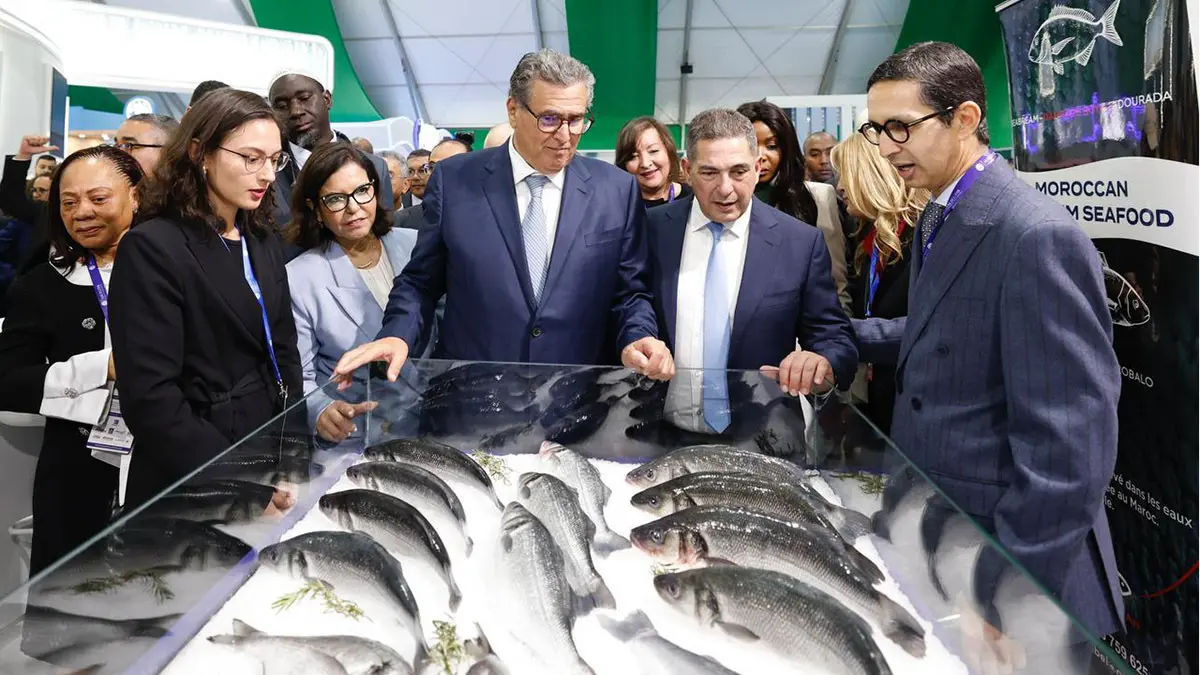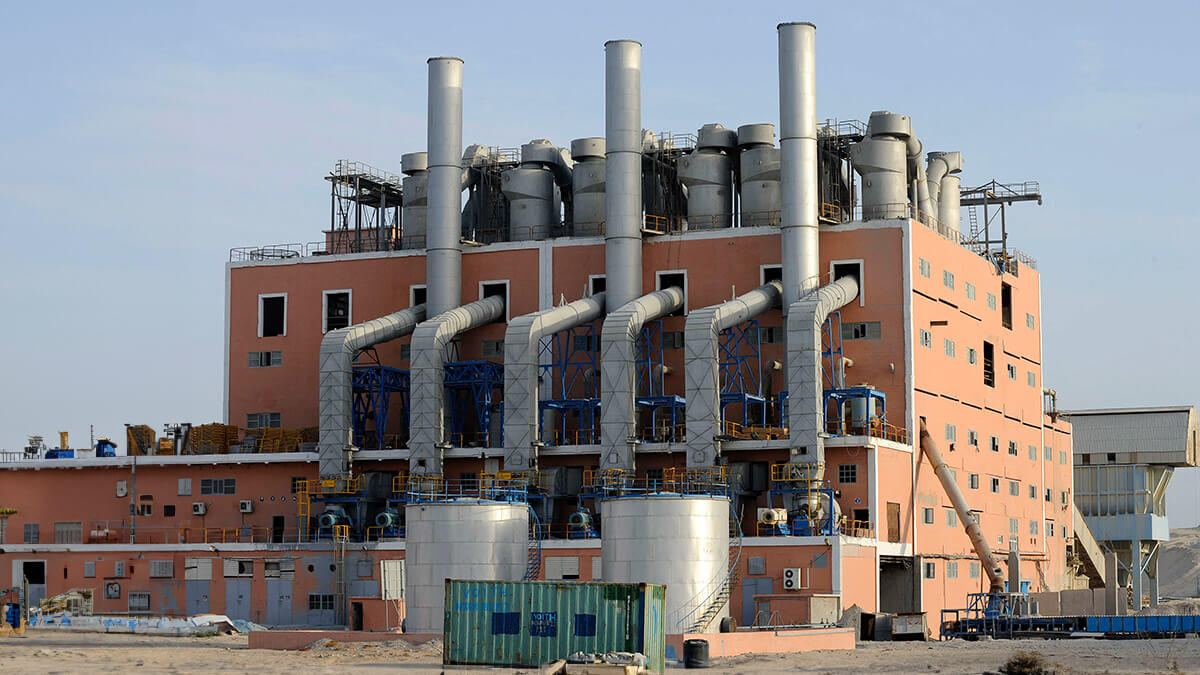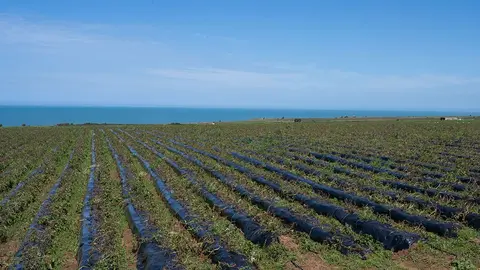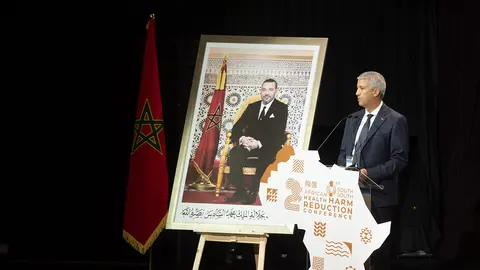Morocco promotes African food sovereignty

Morocco has taken the initiative to propose the creation of an African fund to serve as a financing mechanism to combat food insecurity. This fund would be used to finance joint agricultural projects and promote local production.
This strategy represents a strategic vision framed at the United Nations Food Systems Summit held in the Ethiopian capital, Addis Ababa. There, Moroccan Minister of Agriculture Ahmed El Bouari urged African nations to cooperate on this security fund and reduce external dependence and vulnerabilities in the sector. The issues of investing in sustainable agriculture, consolidating regional collaboration and promoting continental development and stability have also been highlighted. However, the transformation of food systems must go beyond planning and emphasise active participation, especially at the regional level, and collective mobilisation.
This Summit arose from the dynamics presented in 2021, which sought to review food systems and promote the mobilisation of investment to achieve the 2030 Sustainable Development Goals.

The minister stated that Morocco is on the path to transformation through the ‘Green Generation 2020-2030’ strategy focused on sustainable agriculture and human capital. The Moroccan kingdom has also proceeded to renew water resources through water desalination and risk rationalisation and to implement social protection programmes that guarantee access to healthy food.
The plan also reflects the growing awareness of the importance of food security through the mobilisation of resources to finance joint agricultural projects. For Morocco, this is also a way of demonstrating its commitment to the 2030 Agenda and the African Union's Agenda 2063 for the socio-economic transformation of Africa, as well as connecting with other multilateral initiatives that seek to build a sustainable, resilient and just future.
Morocco also intends to recall its duty to the innovative model of South-South cooperation and solidarity between countries. In this way, it aims to strengthen and support African agriculture through increased flexibility, sustainability and inclusion, and initiatives such as the African Agricultural Adaptation Initiative and the African Strategy for Sustainability and Security.
The president of the Atlas Centre for the Analysis of Political and Institutional Indicators, Muhammad Boudin, told Al-Arab that Morocco is a leading voice in Africa and a defender of sovereignty and the future.
Specifically, the current African context is marked by food vulnerability challenges. For this reason, Morocco, in conjunction with other African countries, has developed strategic regional projects such as the gas pipeline between Nigeria and Morocco and fertilizer production. This, in turn, follows the vision of Moroccan King Mohammed VI for comprehensive sustainable growth. In line with this, Moroccan officials agree that the present and future challenges facing the Global South must follow a structured approach based on common development and specific national needs.
The challenges arising from climate change and geopolitical crises and their effects on agriculture have been a fundamental reason for the need for such measures. Pressures related to natural resources and biodiversity call for a transformation that strengthens governance and where agriculture is geared towards respect for the environment and social justice. All this must be achieved through responsible financing and local innovation.

To make progress on food security, Africa must boost its domestic production of fertilisers. For this reason, the Moroccan group OCP has decided to establish its fertiliser production on the continent and allocate specific quantities to each country to ensure that 65% of the fertilisers used in Africa are manufactured regionally.
In line with the vision of a united Africa, Ambassador Mohammed Arrouchi, Morocco's permanent representative to the African Union and the United Nations Commission for Africa, affirmed the essential nature of joint action that truly exemplifies South-South cooperation in order to activate African development.
Once again, Morocco is renewing its agreement with technical, scientific and economic associations, agricultural training programmes and joint investment projects. Today, for African nations, defending their food sovereignty is inseparable from preserving their cultural values, and this second Summit renews current global commitments and priorities and the region's objectives.










